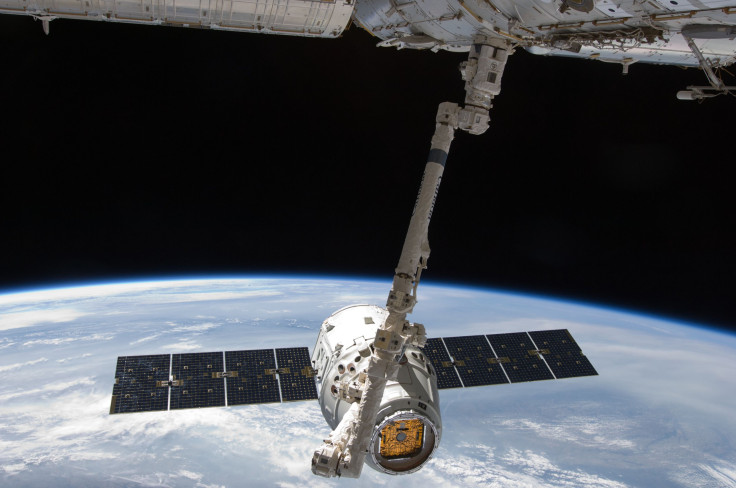International Space Station harbours microscopic pathogens and potentially harmful dust particles

The latest report put forward by NASA’s Jet Propulsion Lab (JPL) suggests that astronauts are not the only ones aboard the International Space Station (ISS). The ISS is also home to a number of microscopic pathogens found living in the air and on the surface of the space station.
To assess how clean the ISS is, JPL researchers analysed the air filters and vacuum that the astronauts use up there in space to clean their temporary homes. The Washington Post reports that astrobiologist Kasthuri Venkateswaran and his colleagues studied the High-Efficiency Particulate Air (HEPA) filter and two bags of dust aboard ISS. The HEPA filter had been there aboard ISS for the past 40 months.
During the analysis, the NASA researchers compared the dust with a clean room on Earth. The intent of the researchers was to prevent the dust and dirt from contaminating the space. Keeping the ISS and the clean room completely free of germs and dirt particles, the researchers performed a genetic analysis.
The analysis confirmed the existence of a complete ISS microbiome. Skin bacteria called actinobacteria was found to be present in great numbers because of the presence of humans aboard ISS. However, the researchers also noticed the presence of disease-causing Staphylococcus in the dust derived from the vacuum.
The findings confirmed that the ISS air filters are not absorbing as much debris as vacuum. This means that astronauts pick up more microorganisms using vacuum cleaners than the air filters and that the air circulating in ISS is cleaner as compared to the surface of the space station.
The complete results of the study have been published in the journal Microbiome.
Contact the writer at feedback@ibtimes.com.au, or let us know what you think below.




















